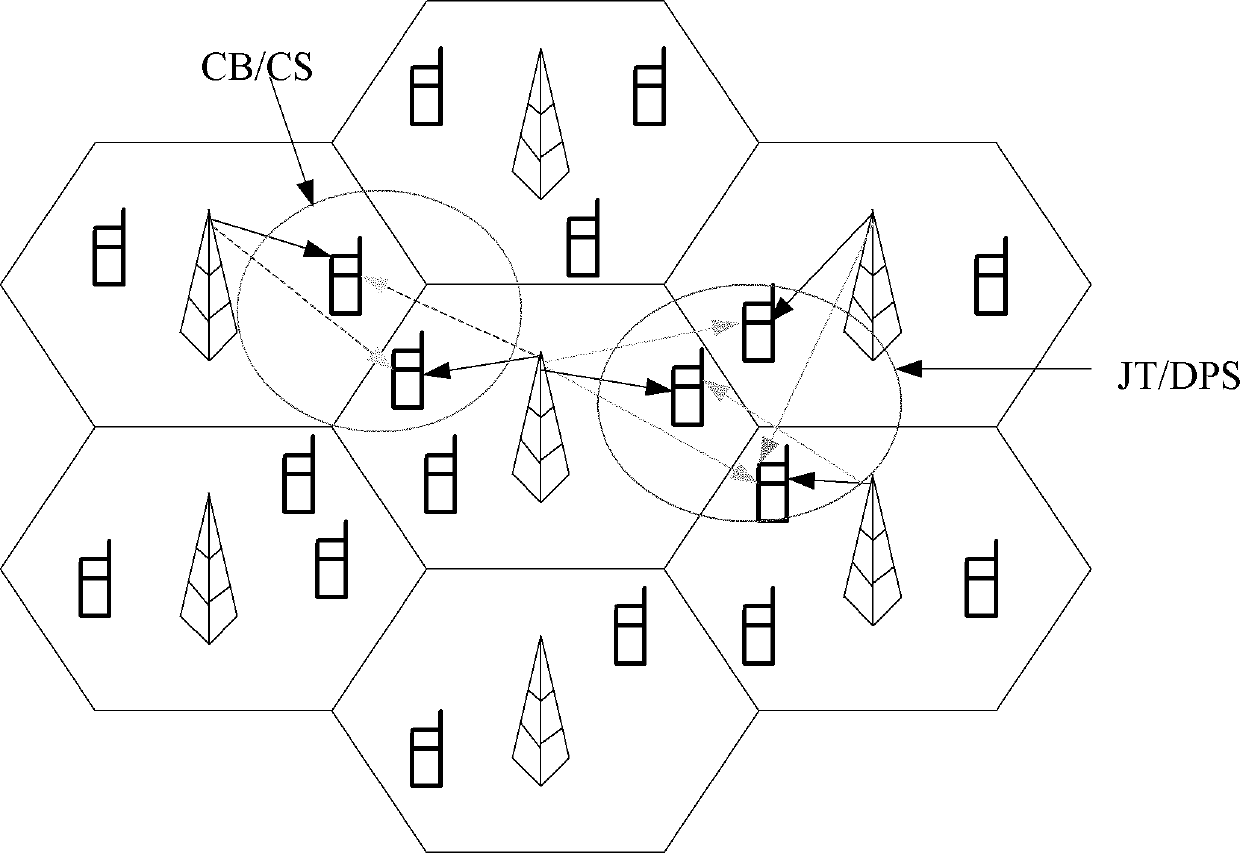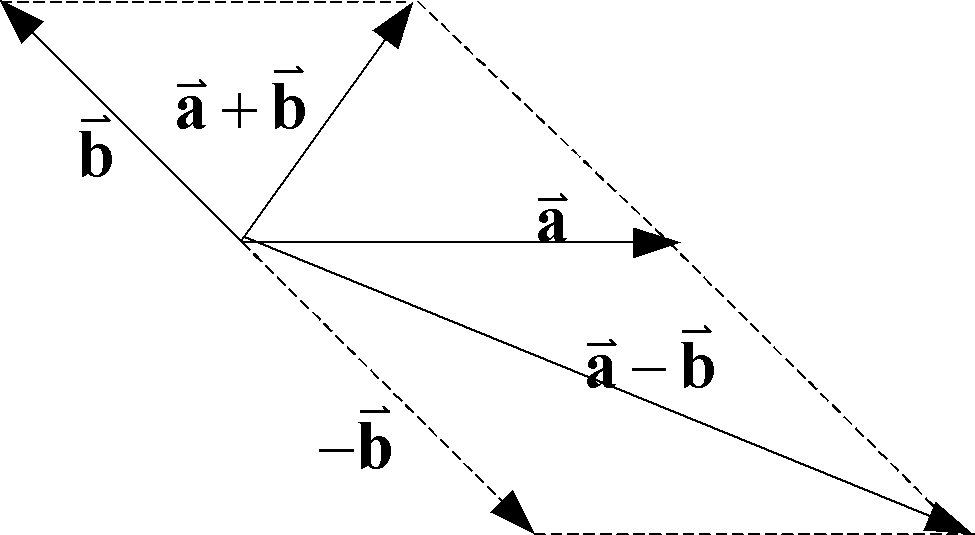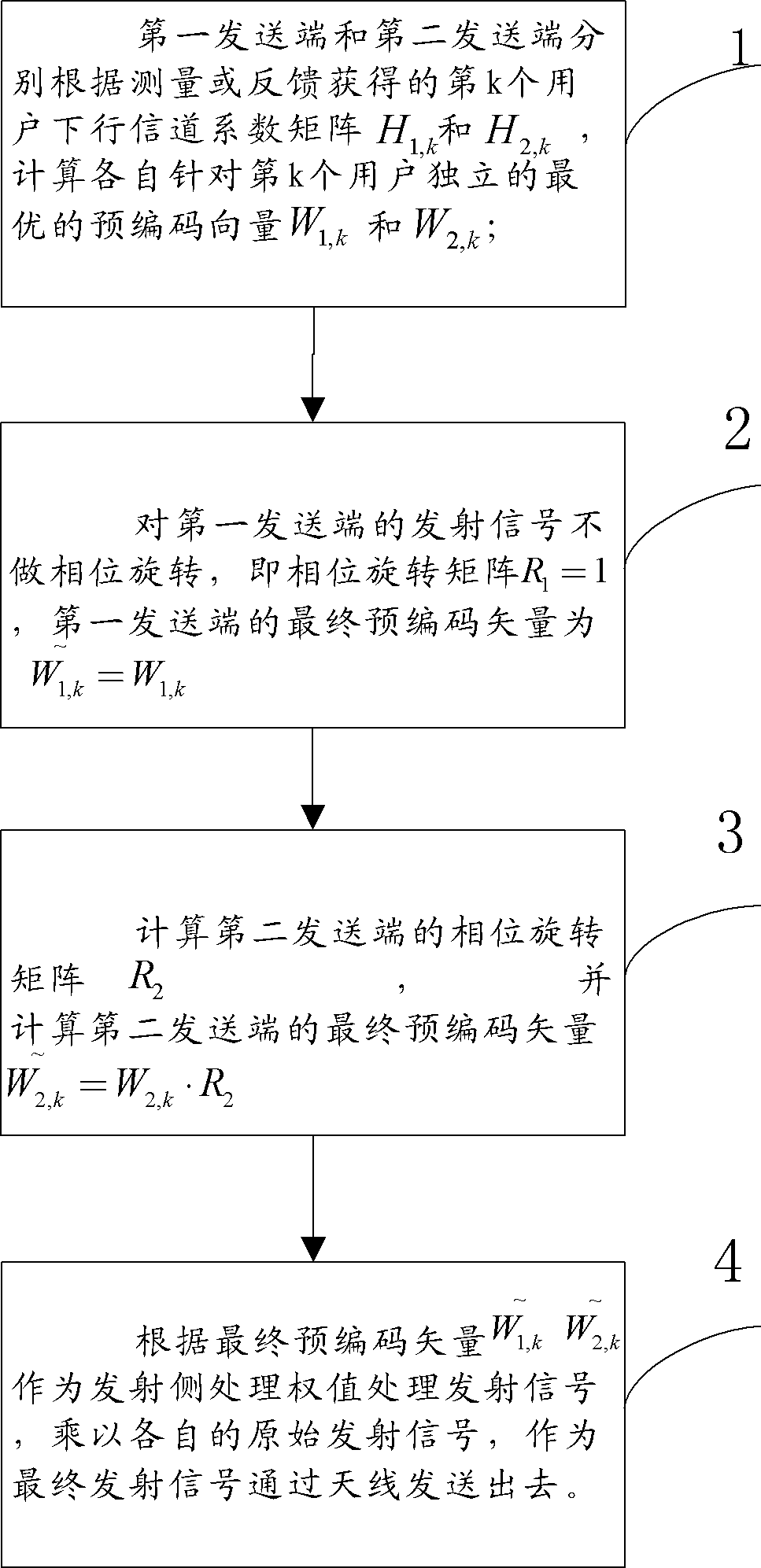A transmission signal preprocessing method and device
A technology for transmitting signals and transmission methods, applied in the field of transmission signal preprocessing and transmission methods and devices, to achieve the effects of improving spectrum efficiency, increasing effective coverage, and reducing interference
- Summary
- Abstract
- Description
- Claims
- Application Information
AI Technical Summary
Problems solved by technology
Method used
Image
Examples
Embodiment 1
[0090] In a distributed cooperative communication system, the number of base stations participating in the current cooperation is 2, and there are K users served under the current cooperative base station set.
[0091] Base station 1 and base station 2 respectively obtain the downlink channel information H of the kth user according to measurement or feedback 1,k and H 2,k , calculate the optimal precoding vector W independently for the kth user 1,k and W 2,k
[0092] The transmitted signal of base station 1 does not undergo phase rotation, that is, The final precoding vector of base station 1 is W 1 , k ~ = W 1 , k
[0093] Base station 2 seeks an optimal rotation angle θ from the pre-designed angle codebook according to the following formula, so that the fol...
Embodiment 2
[0098] In a distributed cooperative communication system, the number of base stations participating in the current cooperation is 2, and there are K users served under the current cooperative base station set.
[0099] Base station 1 and base station 2 respectively obtain the k-th user downlink channel coefficient matrix H according to measurement or feedback 1,k and H 2,k , calculate the optimal precoding vector W independently for the kth user 1,k and W 2,k
[0100] The transmitted signal of base station 1 does not undergo phase rotation, that is, R 1 = 1, the final precoding vector of base station 1 is W 1 , k ~ = W 1 , k
[0101] Use the following formula to directly calculate the phase rotation factor e of base station 2 jθ
[0102] ...
Embodiment 3
[0106] Assume that the base stations participating in the cooperation are base station 1, base station 2, and base station 3, and the number of service users under the three cooperative base stations is K.
[0107] Base station 1, base station 2 and base station 3 respectively obtain the k-th user downlink channel coefficient matrix H according to measurement or feedback 1,k 、H 2,k and H 3,k , calculate the optimal precoding vector W independently for the kth user 1,k , W 2,k and W 3,k .
[0108] Base station 2 and base station 3 seek an optimal rotation angle θ from the pre-designed codebook according to the following formula 2 and θ 3 , so that the following formula holds
[0109]
[0110] In the formula, H 1,k 、H 2,k and H 3,k Denote the downlink channel coefficient matrices from base station 1, base station 2, and base station 3 to user k, respectively. The final precoding vector of base station 2 is The final precoding vector of base station 3 is
[011...
PUM
 Login to View More
Login to View More Abstract
Description
Claims
Application Information
 Login to View More
Login to View More - R&D
- Intellectual Property
- Life Sciences
- Materials
- Tech Scout
- Unparalleled Data Quality
- Higher Quality Content
- 60% Fewer Hallucinations
Browse by: Latest US Patents, China's latest patents, Technical Efficacy Thesaurus, Application Domain, Technology Topic, Popular Technical Reports.
© 2025 PatSnap. All rights reserved.Legal|Privacy policy|Modern Slavery Act Transparency Statement|Sitemap|About US| Contact US: help@patsnap.com



